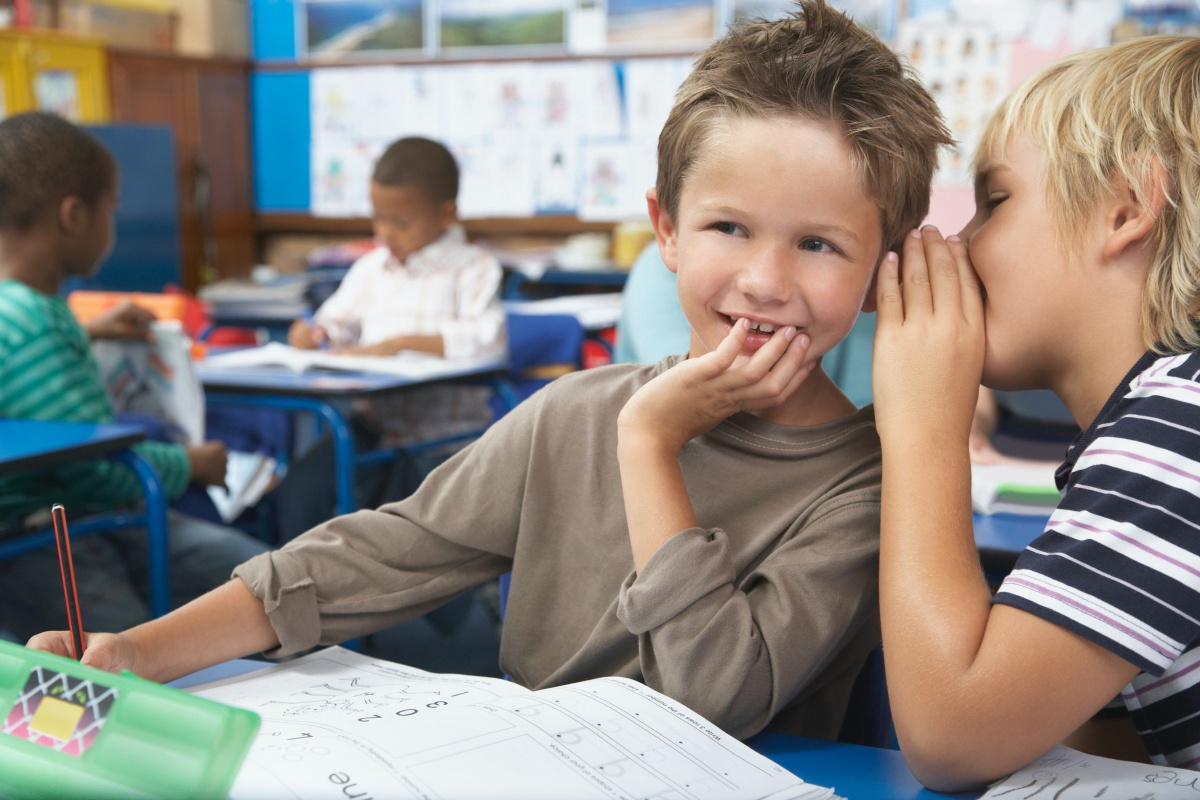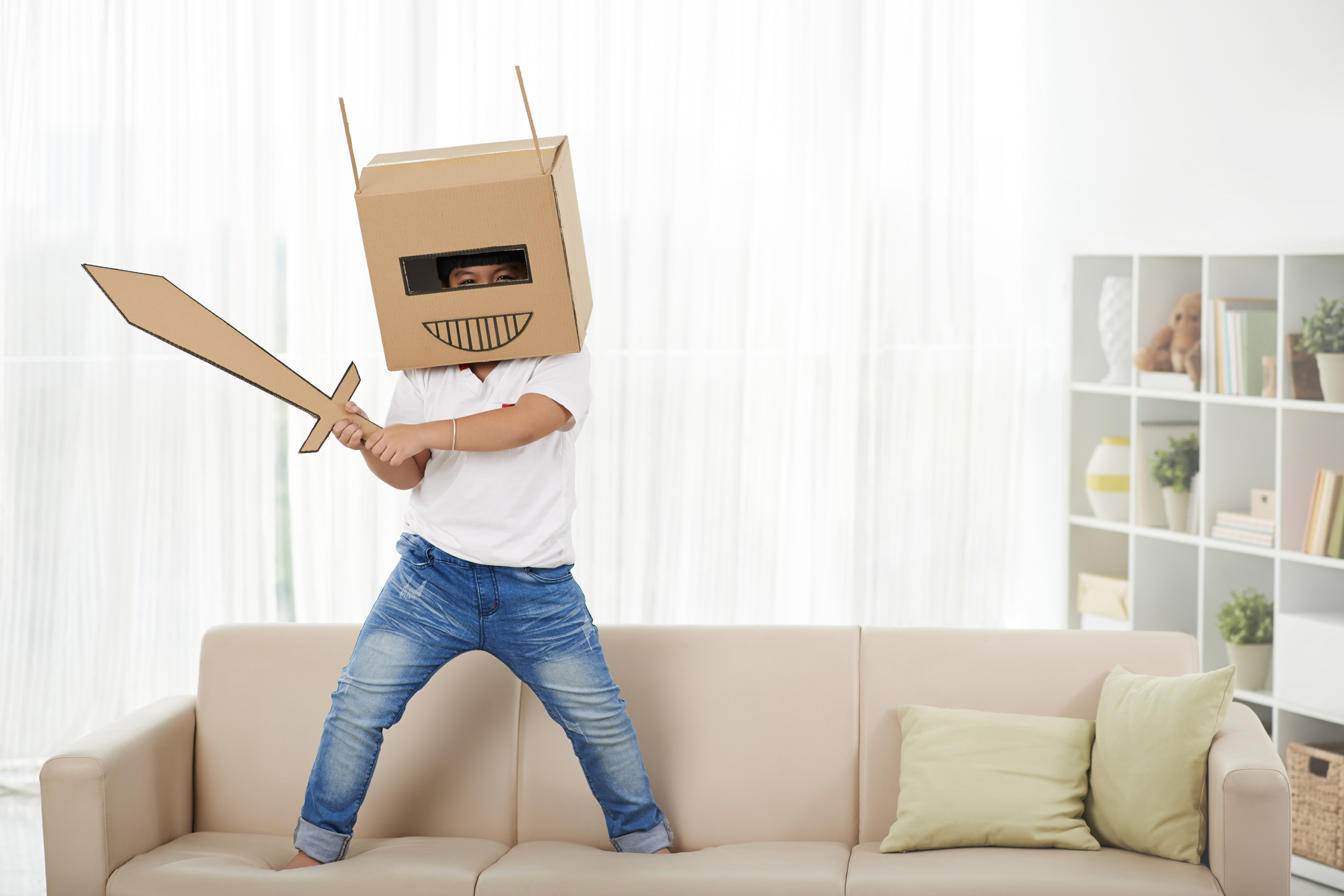
Spooked
My daughter spends most of her free time at the stables where she rides horses. She will happily muck stalls (aka shovel poop), wash horses, and hand pick fungus off their legs. Now, will she clean her bathroom, hang up a wet towel, or care to not leave trash under bed? Absolutely not. But I digress.
You see, the farm is her happy place—it’s the place where she feels most like herself. At school, she is highly anxious and nervous about what others think. At home, she takes out all of those frustrations on her family. But at the farm, she is calm and capable, fully in control of herself and her horse. She is her most authentic self there.
But something happened this summer while at the farm. She experienced a few incidents that reminded her that as much as she loves this horse, it is still in fact a large animal. As she was on a trail ride, the horse spooked, galloped back to the barn, and she was unable to control it. It wouldn’t respond to direction which terrified my daughter. For a month, what was supposed to give my daughter therapy and calm, did nothing but create fear and anxiety.
An “Irrational” Fear
The breaking point was when I received a phone call from her in a panic asking me to come pick her up early from the barn, that she didn’t want to do the trail ride (the same trail where the horse lost control). I walked into the barn and there she was having a full on panic attack. She had the horse in the stall but the door wouldn’t shut. It was jammed. She was afraid the horse was going to trample her.
I walked up and assessed the situation. The horse was calmly eating hay in the stall. It wasn’t angry. It wasn’t bucking. But Sinclair was absolutely convinced otherwise. So I took the lead rope from her hands and stood there with her. I spoke both to her and the horse calmly. I encouraged her to take deep breaths, even as she yelled at me.
What would have happened if I saw Sinclair’s panic and raised her with judgment, shame, or intensity? I don’t know exactly, but I do know it wouldn’t have helped the situation. You see, I saw there was nothing to fear in the moment. I saw the calm horse. But Sinclair didn’t. And I do know what it’s like to have a panic attack. I do know what it’s like to be afraid of something so greatly that it paralyzes you. So that’s where I chose to meet her. I met her from a place of understanding. That’s empathy.
Empathy is Tonic
I think one of the greatest things we need to develop as parents is empathy. My daughter didn’t need a lecture. She didn’t need me to see her and walk away. She didn’t need tough love in the moment. She needed me to sit with her long enough for her to figure out what needed to happen. She needed my presence, not my fixing.
Eventually, my daughter told me to loop the rope around the horse’s neck, and together we walked the horse to another stall. She was fully capable of figuring out what needed to happen next. My empathy and presence allowed her to do what she needed to do. My empathy was tonic to her.
Real Emotions
In parenting, it is so easy to lack empathy. It’s easy to show up with quick fixes. Trust me, in a house full of girls there are a lot of tears over the silliest things. Hearing a girl cry is like the old fable about the boy who cried wolf. I’m nearly numb to the tears.
But despite our more realistic assessment of the situation, our kids are real humans with real emotions experiencing real things. Just like we do.
Have you ever put yourself in their shoes?
In Their Shoes
When was the last time you felt afraid?
When was the last time you felt unsure of yourself?
When was the last time you felt anxious about something?
Those feelings are all normal, yet we often dismiss them in our kids. We want to skirt them and push past them. We tell them to just get over it. Taking the time to pull up a chair and sit with them feels unnecessary and time consuming.
Even if I am not afraid of the same things, I know what fear feels like. I know what anxiety and stress feel like.
And when I feel afraid, how do I want people to react towards me?
Do I want judgment?
Do I want someone to patronize me?
Do I want to feel shame?
Do I want someone to yell at me?
No. I want someone to sit there with me. Maybe even in silence. I need time and space to work through the emotion. I need someone to say, “I know.” “I get it.” “I’ve been there.” “Me too.”
And my kids need the same thing. I don’t have to solve the problem. I need to sit with them long enough for them to move through whatever it is. They need my presence. They need my comfort. They need my understanding.
Empathy is tonic.
When we choose to respond with empathy, it is a balm for our kids. No fixes, solutions. Just empathy.




